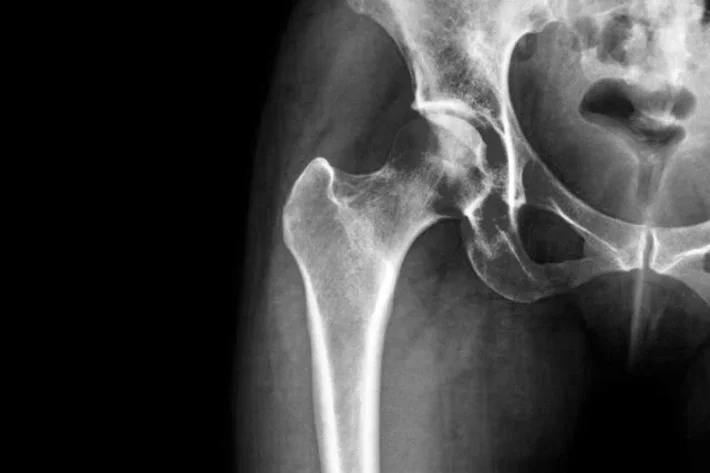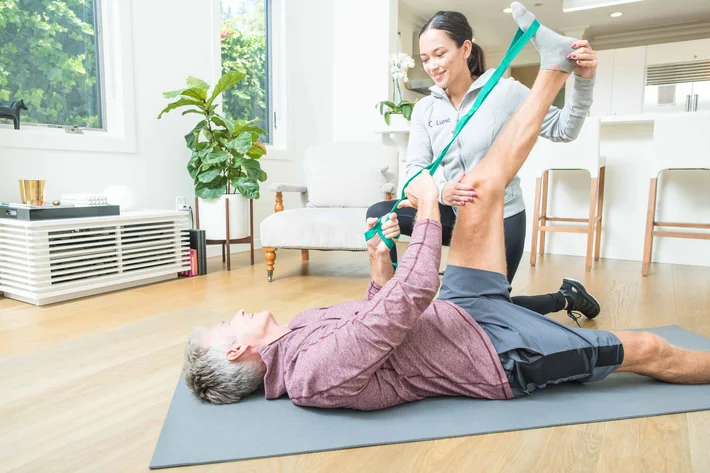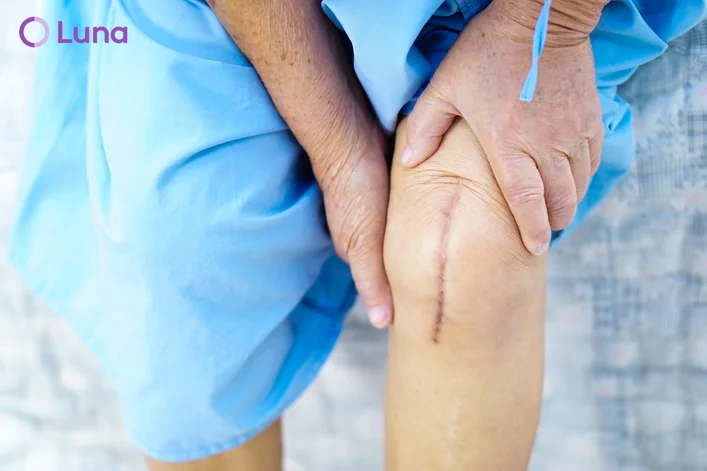
Meet with the best rehab post fracture fixation physical therapists in Upper North Philadelphia, Pennsylvania
Upper North Philadelphia, Pennsylvania, Luna employs physical therapists who specialize in helping patients recover from fractures. With the knowledge and experience required when dealing with such a complex surgery and recovery process, Luna PTs can get you back on your feet and back to the activities you love.
Best of all, with Luna, patients can receive physical therapy for rehab post-fracture fixation in the comfort of their homes. Our physical therapists come to you; it’s physical therapy, delivered.

What is fracture fixation?
Fixation sets and stabilizes fractured bones from the inside rather than outside via a cast or sling. This surgery is sometimes necessary when the bone is broken, and the pieces are unstable or severely out of alignment. Bringing the bones back into alignment is sometimes called “resetting” the bones, which can be accomplished from the outside with a cast or sling or from the inside via surgery.
When surgery is necessary, the bones can be reset using various implants. Depending on the patient’s specific condition, the surgeon will choose an implant that will provide the best results with the least invasiveness. Implants tend to be metal plates, metal screws, metal nails, and long rods, though the exact device may depend on the patient.
After this procedure, most patients need physical therapy to regain control of the affected limb and heal safely, quickly, and without further damage.
Source: Stanford Health Care

Physical therapy for rehab post fracture fixation in Upper North Philadelphia, Pennsylvania
Prompt and consistent physical therapy is paramount to a successful recovery after fracture fixation surgery. Your surgeon will likely recommend that a physical therapist visit you before you even leave the hospital. There, they will teach you how to use a cane or crutches, including walking up and down stairs or getting into and out of a car. These preliminary steps aim to prevent further injury upon your release from the hospital.
When you return home, your PT can help you assess your home environment and remove potential obstacles. As you heal in the comfort of your home, they will make frequent visits to lead you through safe exercises to increase stability, endurance, and strength in the affected muscles.
Source: Verywell Health















